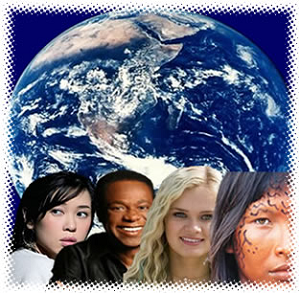
What is peace?
UNESCO establishing a chair of  Philosophy for Peace, this because perhaps the most difficult to change is the shift from a war culture, and we had two great wars at the height of “modernity” which reveals its obvious crisis, we need to change the root thinking about peace.
Philosophy for Peace, this because perhaps the most difficult to change is the shift from a war culture, and we had two great wars at the height of “modernity” which reveals its obvious crisis, we need to change the root thinking about peace.
The chair, writes Professor Guzman (2005): “As human beings, we have expertise to organize our relations, making use of war and any other kind of structural, cultural or symbolic violence, which suppose marginalization, exclusion and death of some human beings by and other environmental degradation. “Emphasizing an issue that affects the entire human race and maybe this can be a good starting point.
But it is also true that we have power to organize our relations peacefully: expressing tenderness or affection in interpersonal relations or creating local governance institutions, state or global that promote human relations based on justice and relations with nature based on sustainability. In this context, the philosophical challenge of peace studies is the normative reconstruction of our skills to make peace.
We argue that an important point for peace is to consider all the races and nations, are immersed in them all cultures and also there we have the intermediate point (the starting point is all people) the issue of societies originate.
We stand as originating companies, those that have a fundamental root that estab what kind of culture it emerges and which social and ethical consequences that this culture will, it is immersed in a “being” and it is this that we want to look for peace.
So we draw a new emergency to a world “globalized” the need for onto- ethics that it contemplates all being present in different cultures and hence one can trace an ethical model that respects this be in contact with other cultures.
Guzmán, Vicent M. Podemos hacer las paces. Reflexiones éticas tras el 11-S y el 11-M. Bilbao: Desclée de Brouwer, 2005.









